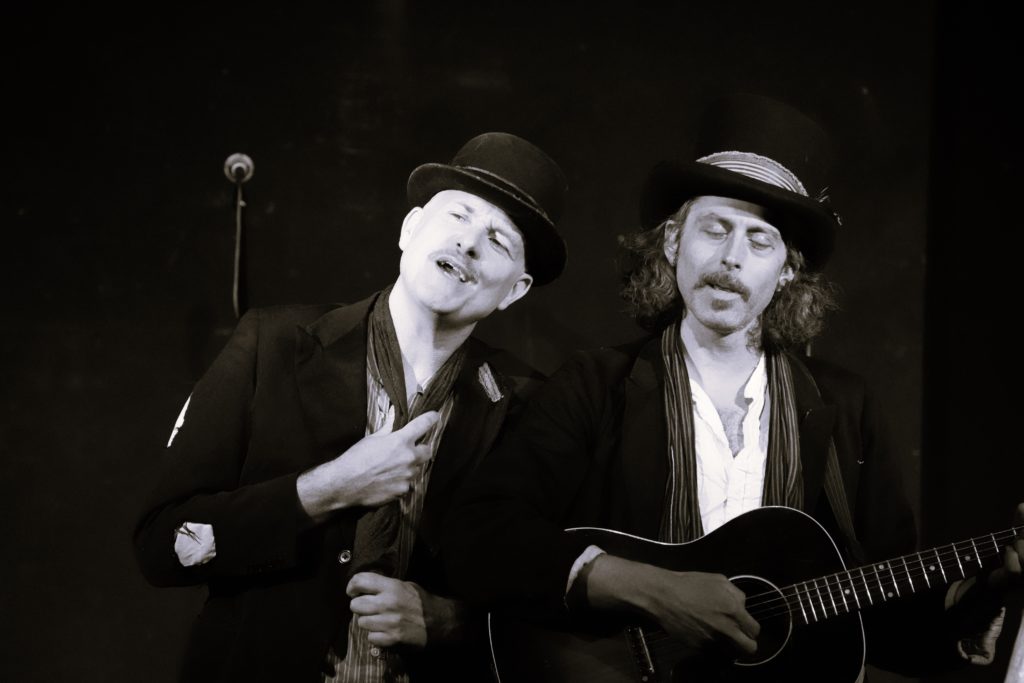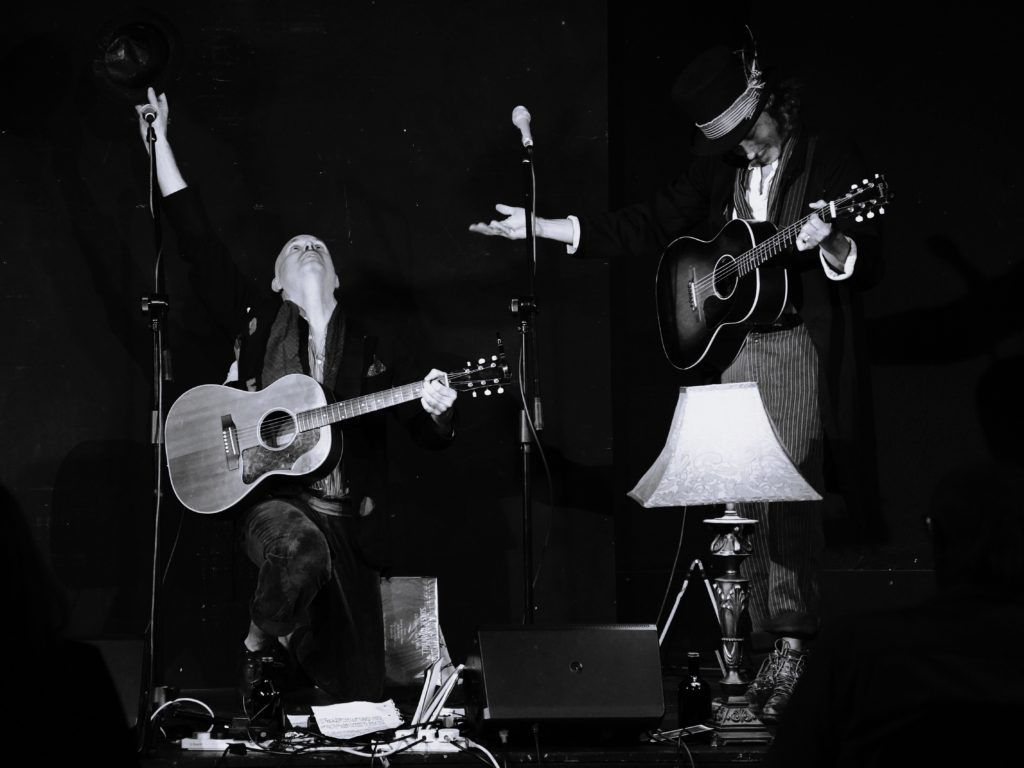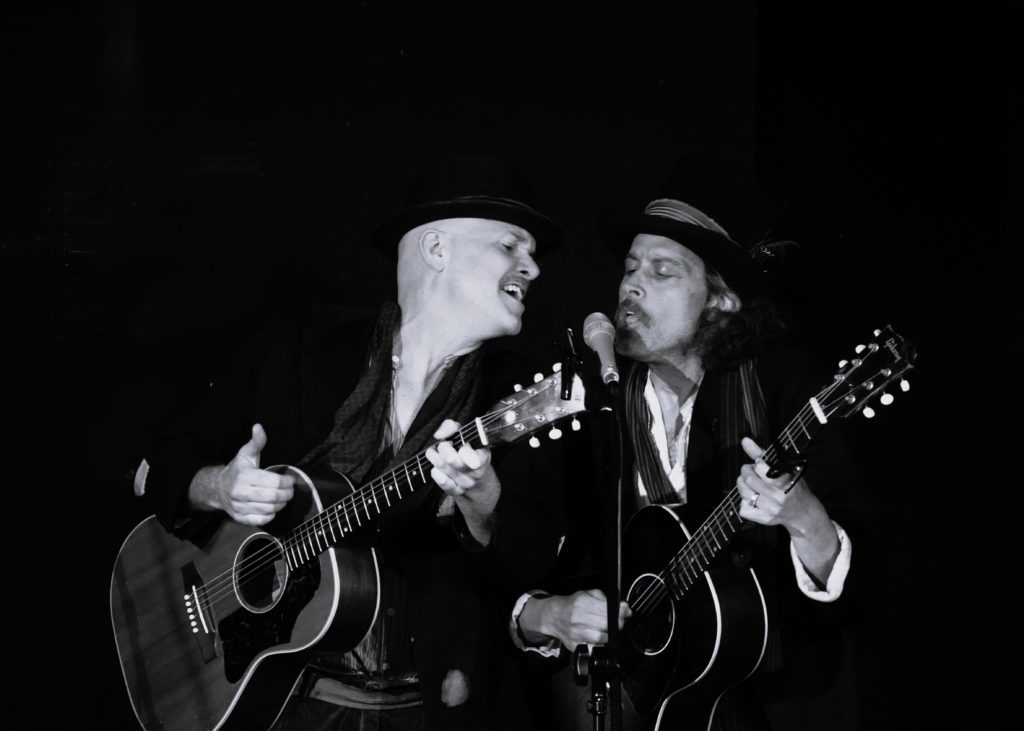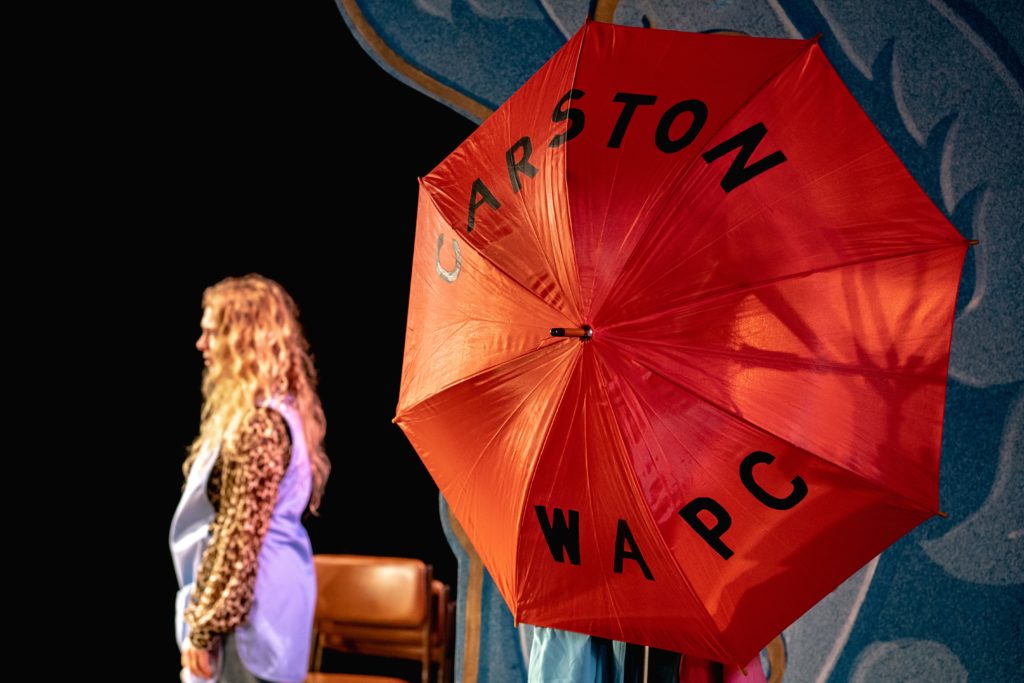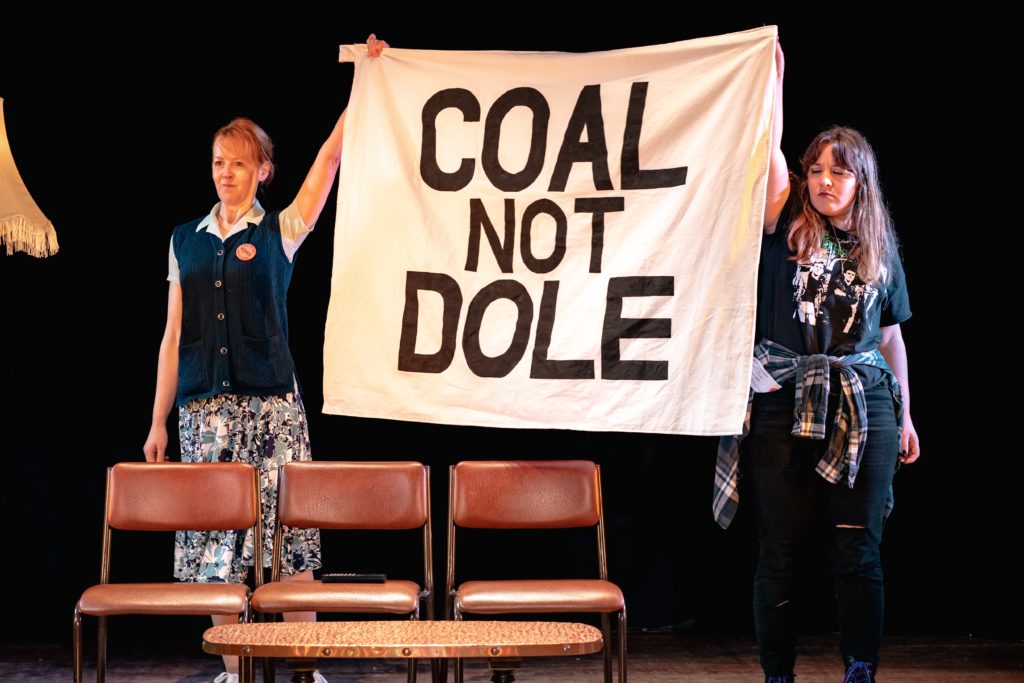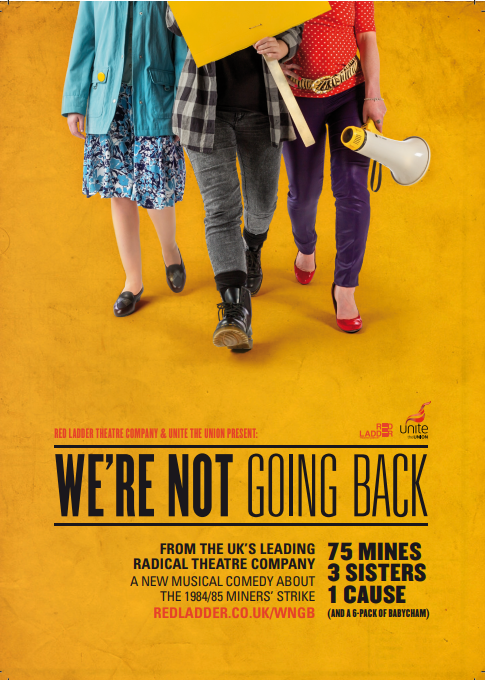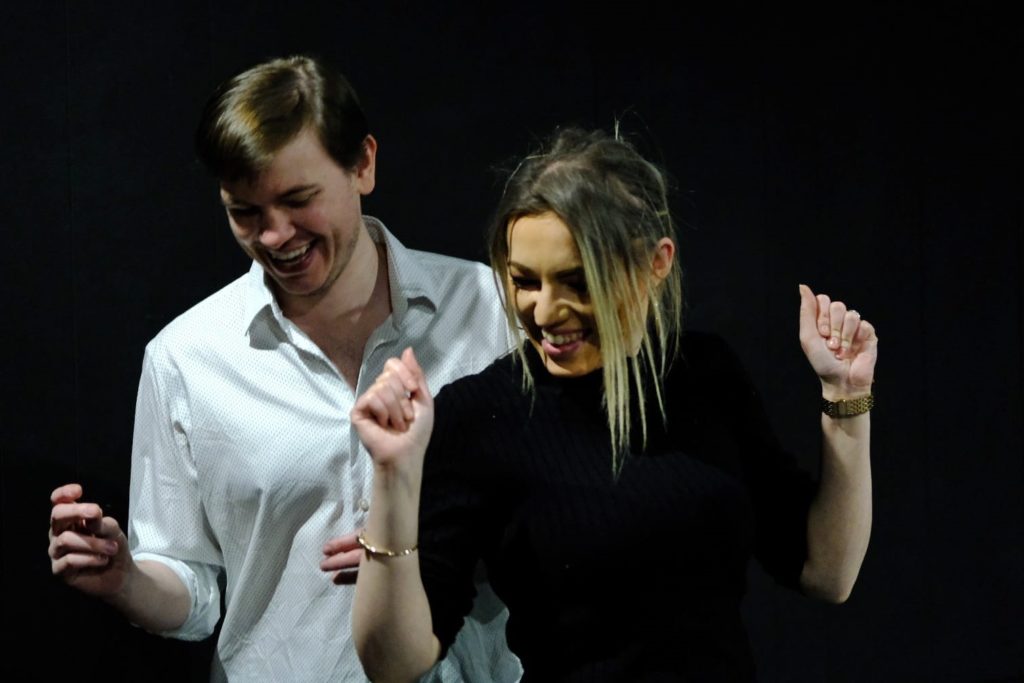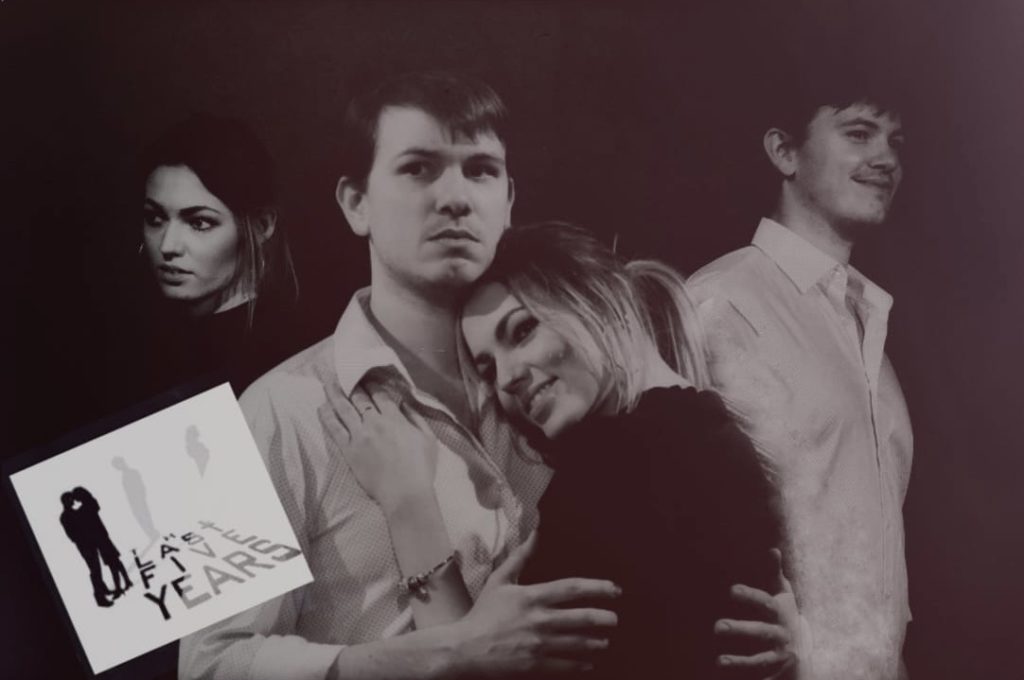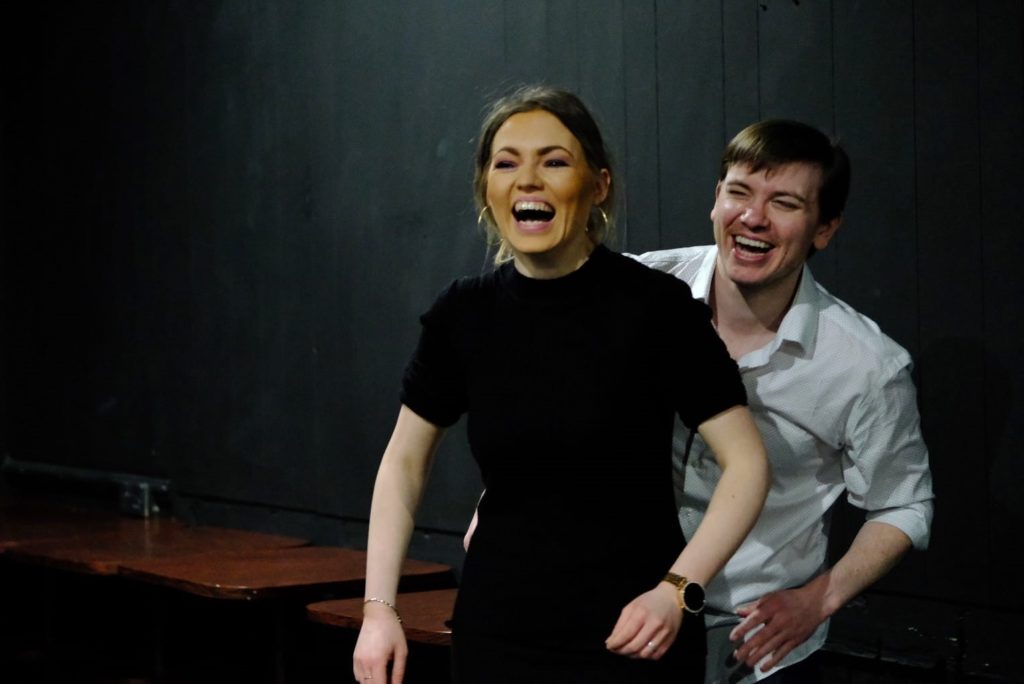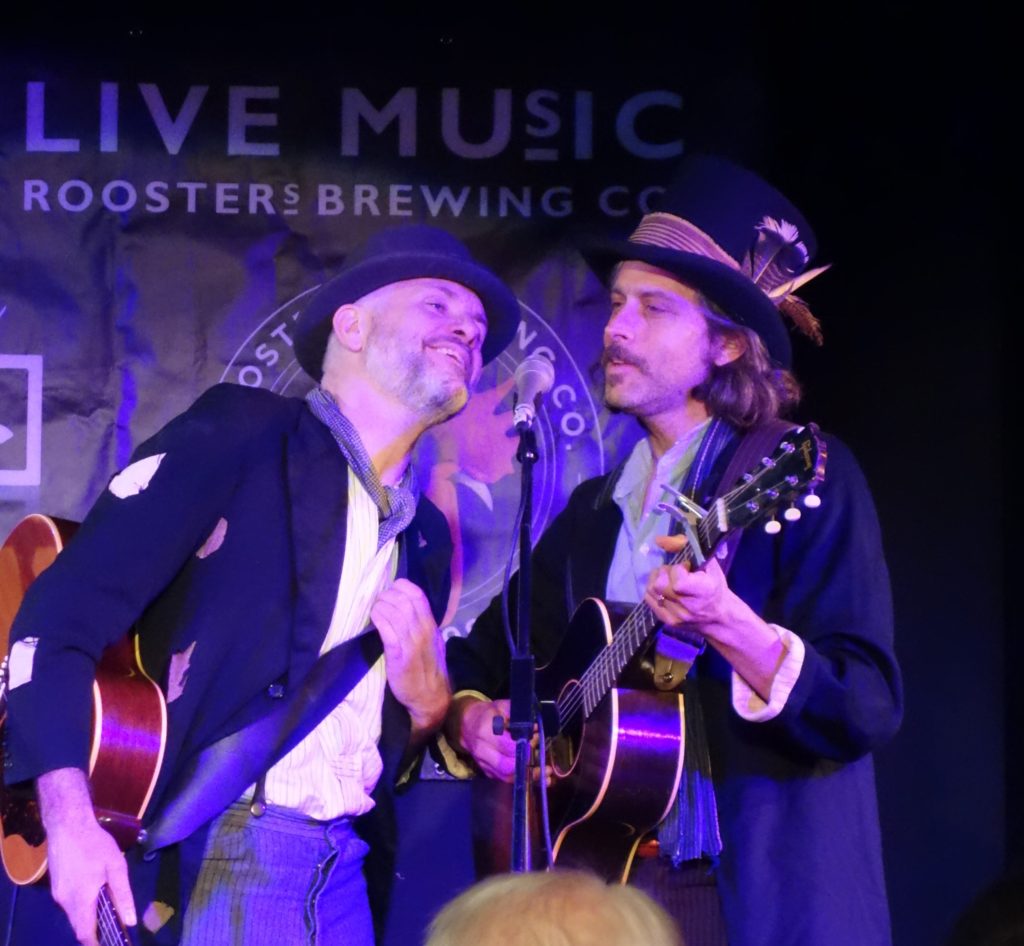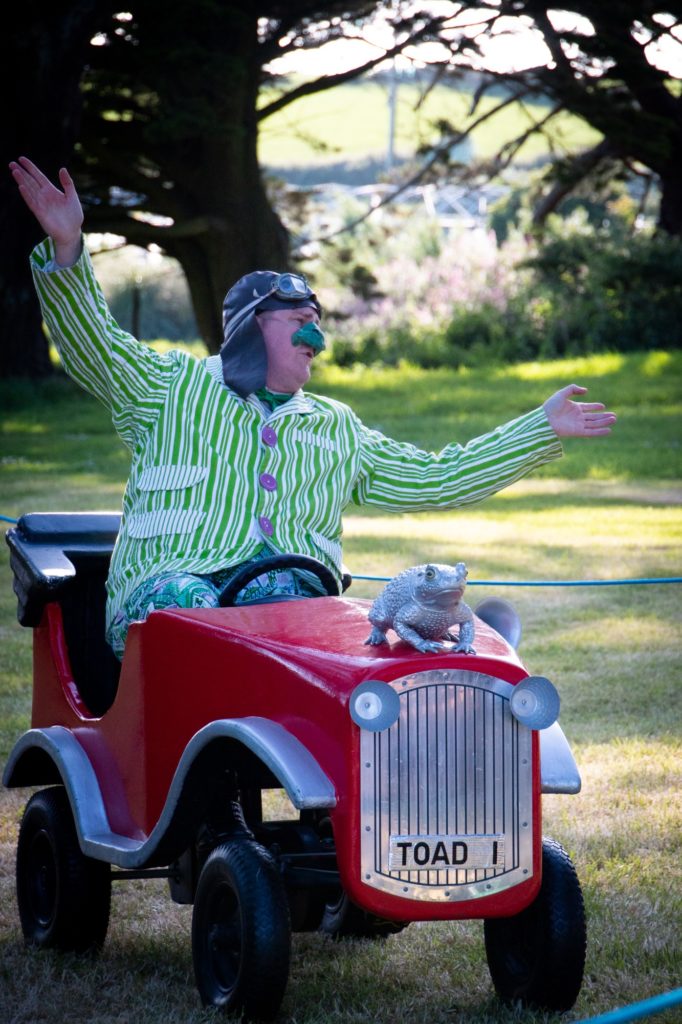
Illyria in Oliver Grey’s adaptation of Kenneth Grahame’s The Wind In The Willows at Ripon Racecourse on July 5 at 5.30pm
RIPON Theatre Festival returns from July 1 to 6 with a line-up of shows, stories and community spirit that promises to light up the North Yorkshire city.
Drama, storytelling, puppetry, street theatre, circus and dance feature in more than 100 performances of 60 different events, backed by the festival’s first Arts Council funding, with a developing outreach programme too.
Festival director Katie Scott says: “Ripon Theatre Festival continues to grow, and we’re so excited to bring our biggest and boldest programme yet to the city. With the support of Arts Council funding, we can reach even more people and create a festival full of joy, creativity and unforgettable performances.
“Whether you’re a theatre enthusiast, a family looking for free entertainment, or someone who loves great stories, there’s something for everyone. We can’t wait to welcome audiences old and new to experience the magic of live theatre in Ripon.”
The best of British touring theatre
Performances from top-quality touring companies, such as festival favourites Illyria bringing The Wind In The Willows to life in the leafy setting of Ripon Racecourse on July 5 at 5.30pm.
Unforgettable outdoor theatre experiences
From Breadcrumbs, Hansel & Gretel with a difference from Leeds company Wrongsemble, on the Family Day on July 6 (10am to 4pm), to open-air Shakespeare in Three Inch Fools’ A Midsummer Night’s Dream in the Old Deanery gardens on July 6 at 7pm, Ripon becomes the stage for magical performances under the summer sky.
Buzzing city vibe
Ripon will be alive with street performers from across the UK, pop-up stages and 25 local groups showcasing their talents. The festival creates a vibrant, welcoming atmosphere across the city, using the streets and historic buildings as a unique backdrop.
Opportunities to be involved
From storytelling workshops and community art installations to the chance to try out Flamenco or join in circus skills, there are plenty of ways for all ages to participate.
Something for everyone
From classic theatre and cutting-edge new writing to comedy, and family-friendly fun, the packed programme is for all ages and tastes.
World-class storytelling
International storyteller-in-residence Peter Chand will bring tales of love, loss and separation inspired by his British Punjabi heritage to the atmospheric Leper Chapel, St Mary Magdalen’s, in Mangoes On The Beach, on July 2 at 3pm.
Free family entertainment
Two days packed with free performances and activities make Ripon a destination for families looking for affordable fun. The Spa Gardens are turned into a Family Theatre zone for Festival Sunday with a rolling programme of theatre, puppetry, music, dance and walkabout acts.
City-wide offers for festival-goers
Ripon’s independent businesses will be participating too. The city’s cafés, restaurants, and shops are joining the celebration with offers for ticket holders.
Bringing theatre to every corner
The festival’s outreach programme ensures that care homes and community spaces are part of the action, spreading the joy of theatre across the city.
Spoilt for choice on opening night
The festival kicks off on Tuesday (1/7/2025) with two very different shows. Audiences can choose from stand-up with rising comedy favourite Larry Dean and Lou Conran in the Hilarity Bites Festival Special at Ripon Arts Hub at 8pm or visit Ripon Cathedral for the gripping one-man theatre of Murray Watts’s The Beloved Son at 7.30pm.
For tickets, the full programme and festival details, visit www.ripontheatrefestival.org
Look out for: Third Class: A Titanic Story, Ripon Arts Hub, July 2, 8pm

Russell Lucas in Third Class, his one-man show about Titanic survivor Edward Dorking. Picture: Steve Ullathorne
THIRD Class – A Titanic Story is the latest project by writer, director and performer Russell Lucas, who specialises in staging new works.
Past projects include creating his one-man show The Bobby Kennedy Experience and Sarah Louise Young’s hit cabaret An Evening Without Kate Bush.
Now he presents Third Class, a well-known story, but one with an unknown hero, Titanic survivor Edward Dorking: one of the estimated 172 of the roughly 709 passengers who travelled in Steerage on the stricken luxury liner lucky enough to emerge unscathed. To do so, he swam for 30 minutes towards an already full collapsible lifeboat.
“Edward was gay. Openly gay, and on Wednesday April 10th, 1912, he set sail on a ticket bought for him by his parents in the hope his American family could put him ‘right’,” says Russell.
Using music, projection and movement, interwoven with historical fact, Third Class charts Edward’s journey of survival and how, on arriving in New York, he toured the vaudeville circuit, re-creating the stories for a fact-hungry public.
“Edward Dorking was a poverty-stricken gay man, travelling to the US to be ‘fixed’, who became a vaudeville curiosity and an angry campaigner against the injustices of the shipping disaster,” says Russell, who promises a “thrilling new perspective on what feels a familiar tale”.
“Edward didn’t want fame; he wanted revenge. When everyone was talking about the deaths of millionaires and society figures, few were discussing the people who took the lion’s share of the losses that night: the third class. Edward was coming for the upper classes.”
Wednesday’s 70-minute performance will be followed by a question-and-answer session with Russell. Third Class also plays Theatre@41, Monkgate, York, on July 12 at 3pm (box office: tickets.41monkgate.co.uk).
Further Ripon Theatre Festival theatre highlights

Louise Geller in Almost Austen at Ripon Arts Hub on July 5
ANDREW Harrison, stalwart of York’s Riding Lights Theatre Company, performs fellow Riding Lights luminary Murray Watts’s The Beloved Son at Ripon Cathedral on July 1 at 7.30pm.
Dutch Catholic priest and psychologist Henri Nouwen (1932-1996) abandoned academia for a new calling, caring for people with intellectual disabilities in a challenge to church and society. Hope and longing, family dynamics, sexual and emotional crisis and the profound insights of a spiritual writer inform Harrison’s solo performance, peppered with multiple characters played with dizzying speed.
LIZ Grand, who portrayed crime writer Agatha Christie at the 2023 Ripon Theatre Festival, returns with Mrs Churchill – My Life With Winston at Ripon Arts Hub on July 3 at 7.30pm.
Churchill once said: “My most brilliant achievement was my ability to be able to persuade my wife to marry me.” Here Grand offers a sensitive, informative portrayal of Clementine, Winston’s wife for 56 years.
IN Norwich Theatre and Albert Cabbage’s Edinburgh Fringe hit Spy Movie: The Play!, at Ripon Arts Hub on July 4 at 8pm, Agent Blonde has 24 hours to save the world. The only thing standing in her way are dastardly villains, an outrageous plot and a lack of funding.
When Hollywood rejects her script, a frustrated screenwriter invites you, an audience of producers, to a one-night-only presentation of The Greatest Spy Movie (n)Ever Made, in an homage to Bond films and Fringe theatre from the stars of The Play That Goes Wrong and Peter Pan Goes Wrong.
SINGER Louise Geller brings her delightful musical theatre show Almost Austen to Ripon Arts Hub on July 5 at 8pm with its 60-minute story of Catherine, a modern girl in love with Jane Austen’s world who cannot believe her luck when she meets her very own Mr Tilney.
Through passages from Northanger Abbey, songs from musicals and operatic classics, Geller relates Catherine’s romantic ups and downs as real life and fantasy collide in a meeting of Bridget Jones and Northanger Abbey.

